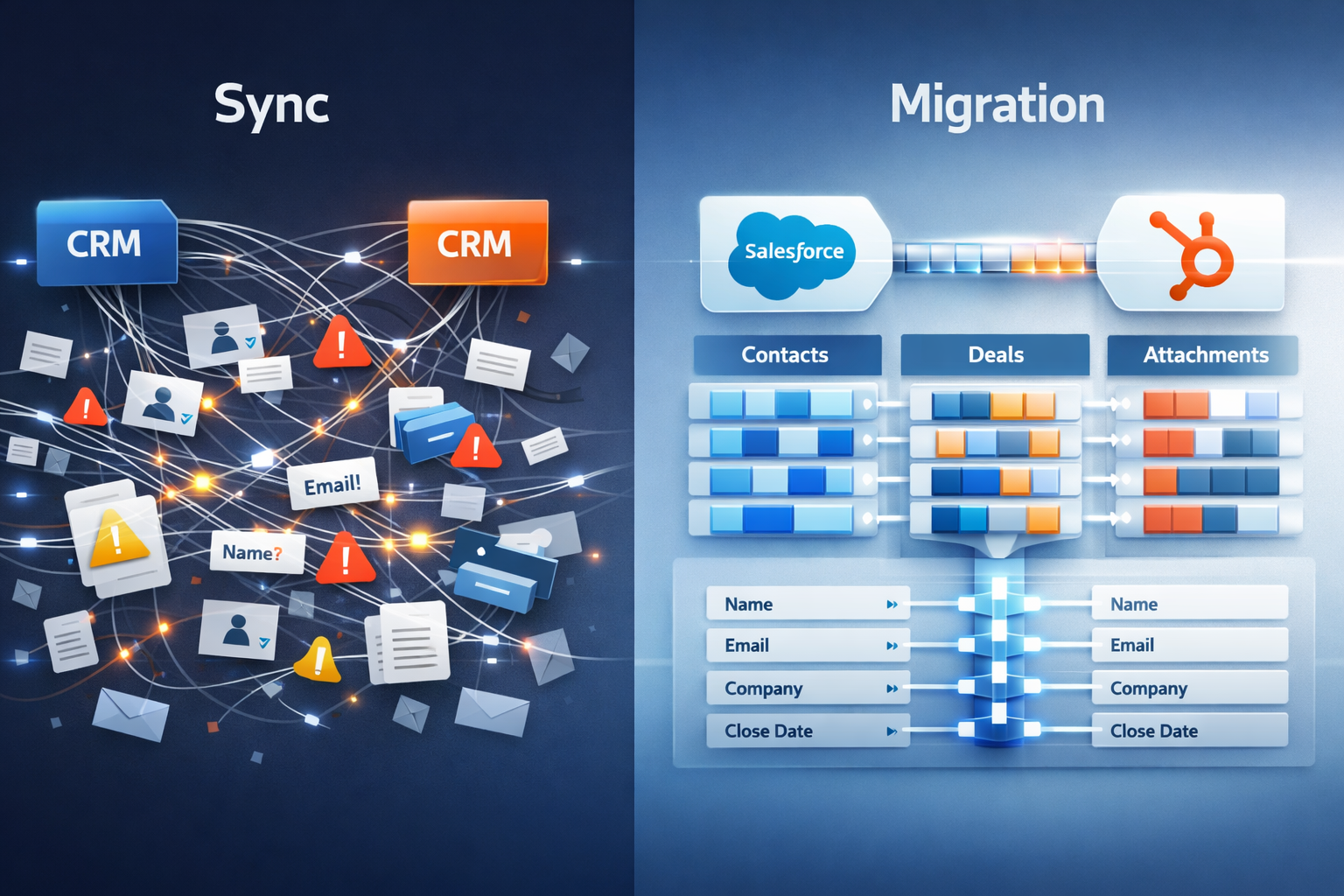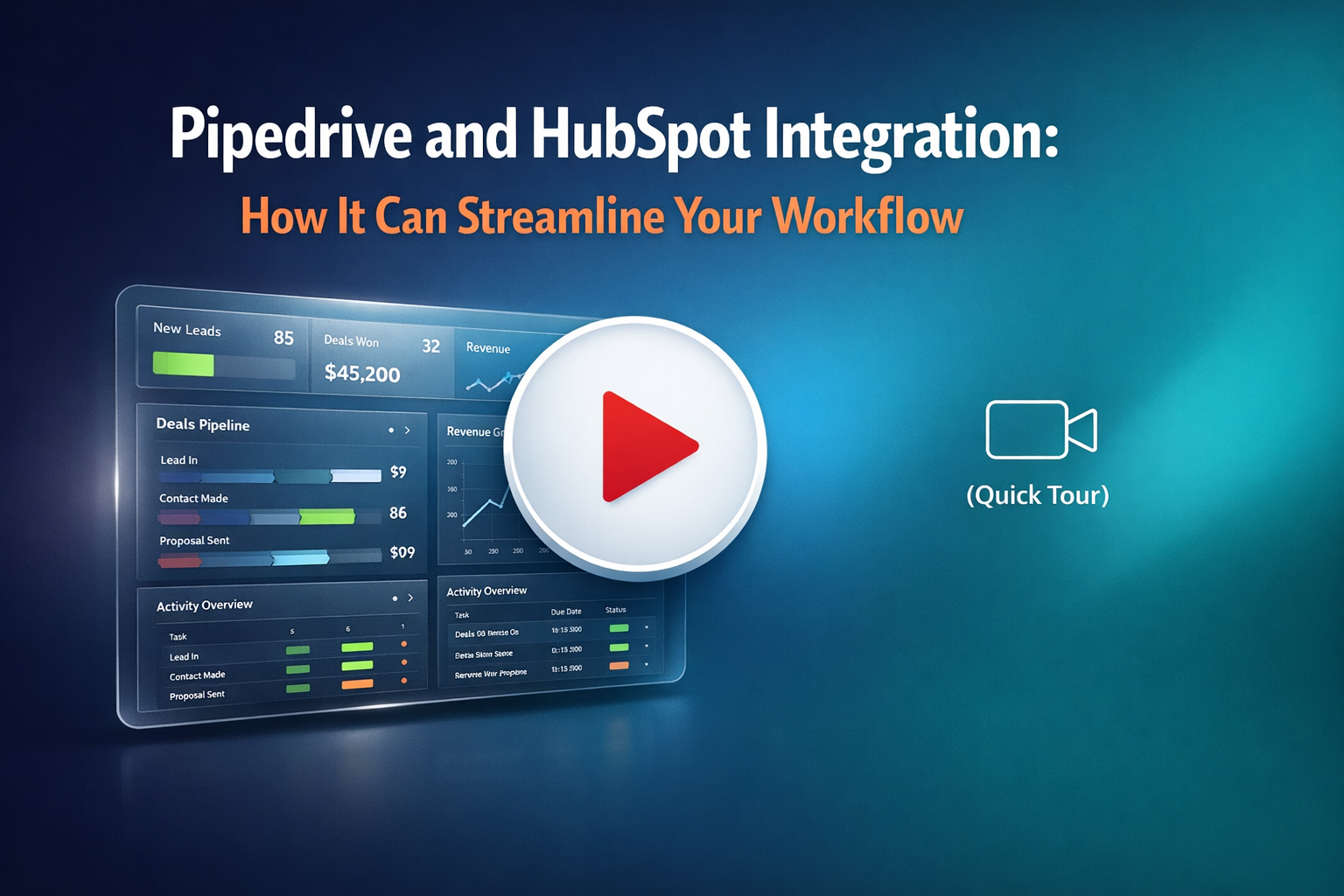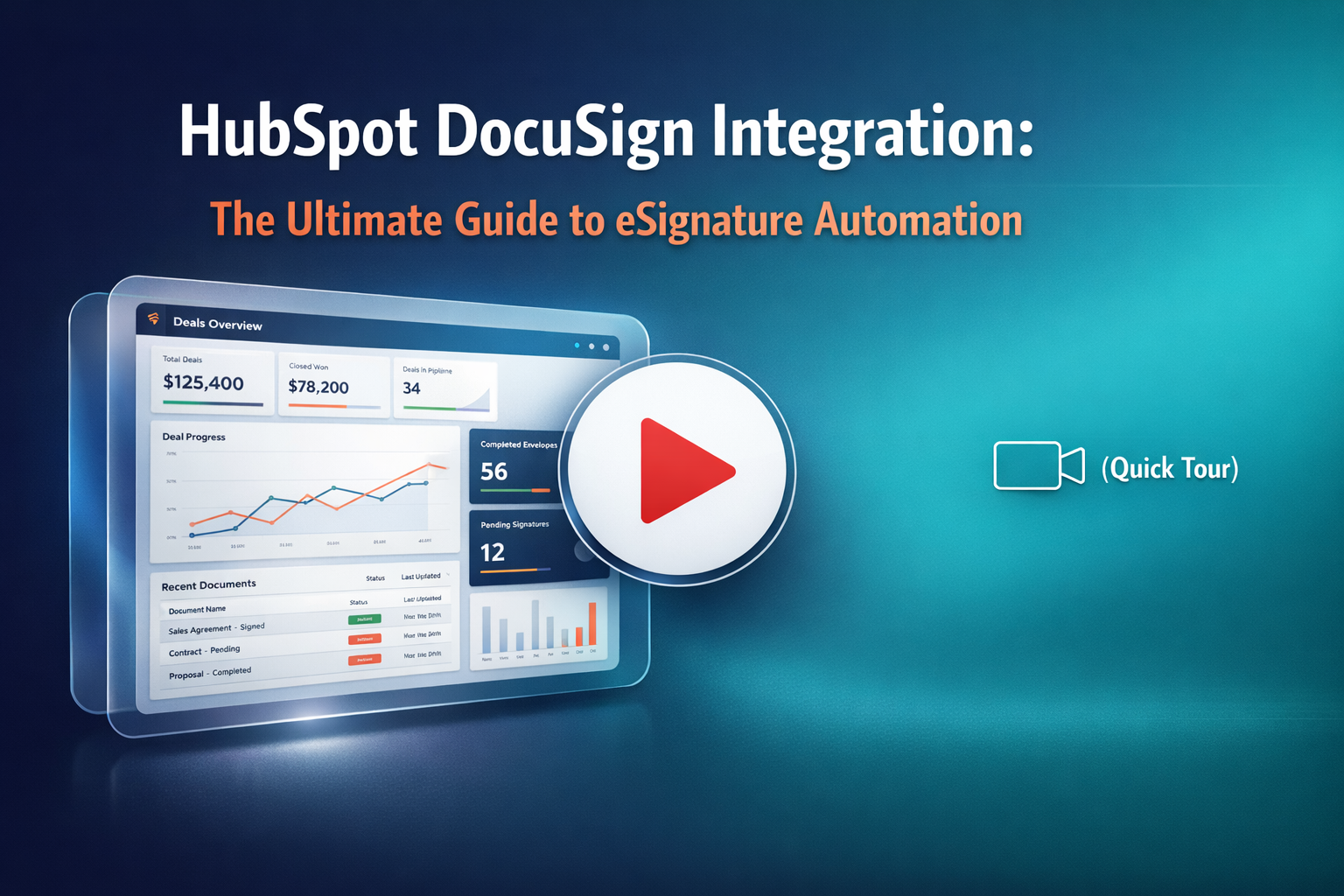In recent years, the logistics division has cornered new niches while pushing boundaries to become more efficient to the end-user. CRM for logistics is crucial to measuring on-time delivery and safety.
Industries like logistics rely on CRM technology to provide proof of higher ROI and customer sentiment. CRM for logistics is key to creating effortless and outstanding customer service.
Meeting the Needs of Driven Customers
By definition, logistics service providers (LSPs) establish customer interaction channels to gain and retain the client. Beyond offering on-time service, predictable delivery with short-order processing, and competitive pricing, LSPs look for advanced project management, built-in quotes, and queries to get a customer’s full view.
With CRM, LSPs can understand their strategic goals, gain valuable insight into potential clients, strengthen marketing and sales performance, and estimate the ROI of projects for budget forecasting.
Driving Efficient CRM
The growing amount of data can be a challenge for LSPs as the industry is responsible for many areas, including:
- storage, warehousing, and cargo handling services,
- transportation via internal waterways, maritime, air, rail, and roads,
- courier services, and
- auxiliary services (packaging of spare parts, marine packaging, piece selection, container design, transport documentation, etc.)
To gain more market share, LSPs employ numerous channels and extend touchpoints with potential customers. As such, three key areas of CRM benefit LSPs, including:
- Service quality (queries, processes, and tickets)
- Dispatch and logistics planning
- Opportunity management
A 360-degree customer view shows all the possible information you have concerning a specific client (vital personal data, opportunities, campaigns, orders, and requests) equally to each department. CRM enhances interaction with customers and aids in building long-lasting relationships.
Selecting the Right CRM
Selecting the right CRM for logistics can be a challenging process. With each industry requiring specific needs, many organizations struggle with technology and strategic alignment. Some businesses cannot leverage the total number of tools available without a CRM admin.
However, there are critical attributes to any CRM that should matter in logistics:
- Automation of sales and marketing processes
- Optimization of the workflows
- Lead and contact management
- Customer service and segmentation tool
- Real-time analytics and customized reports
- Collaboration and build-in document sharing options
- Project, campaigns, and order modules
- Integration and synchronization abilities
CRM solutions calculate the ROI of each performed activity, and deep insights allow management of weak areas, making instant improvements. Consider using a third-party CRM evaluation to help determine which CRM is right for your business.
CRM platforms facilitate planning, design, implementation while performing customer-centric rolling outs and initiatives. Finding the right fit drives progression and ensures continued success with the customer.




